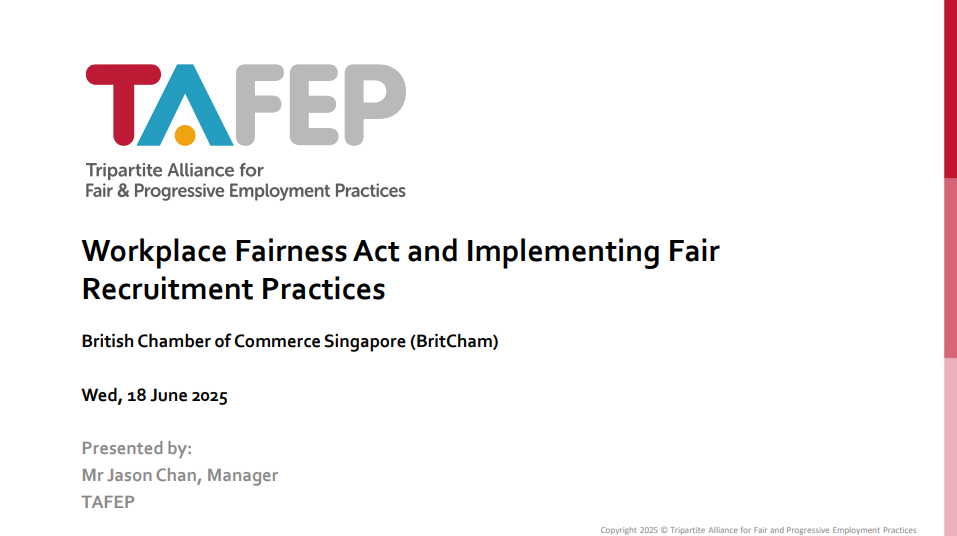To discuss your needs and how we can support you -
request a callback using the form below.
- Results:
What Malaysia’s Updated Data Protection Law Means for Recruiters
Key Changes You Should Know
1. Appointing a Data Protection Officer is now mandatory.
One of the most significant changes is the requirement for certain organisations to appoint a Data Protection Officer (DPO). This is no longer optional. From June 2025, full compliance will be enforced.
Recruiters regularly collect, process, and share highly sensitive candidate data - CVs, references, identification documents - which makes them particularly affected. A DPO is now expected to:
- Oversee compliance with data protection obligations,
- Monitor how personal data is handled, and
- Act as the liaison with Malaysia’s Personal Data Protection Commissioner.
2. Cross-Border Data Transfers Are More Regulated
Recruitment firms that work with international clients or place candidates overseas must comply with the Cross-Border Data Transfer (CBDT) Guidelines. These rules clarify when and how personal data can leave Malaysia, including requirements for:
- Transfer Impact Assessments (reassessed every 3 years),
- Explicit, informed consent,
- And appropriate legal safeguards, like Standard Contractual Clauses.
If you're sending candidate data abroad for background checks, placements, or assessments, you need updated documentation, policies, and consent mechanisms.
Why This Matters for Recruiters
Recruitment is fundamentally a data business. Whether you’re leveraging AI-driven tools for talent matching or building cross-border talent pipelines, your operations depend on a compliant, trustworthy dataset. These reforms are more than a compliance exercise - they’re your licence to operate in the modern digital hiring landscape.
- A clean, compliant dataset is essential if you want to capitalise on automation or AI tools.
- Data breaches or non-compliance could delay international placements, damage client trust, and lead to enforcement action.
What You Should Do Now
- Appoint a qualified DPO (if you haven’t already).
- Update your privacy notices and consent forms.
- Review cross-border data flows - where does data go, and under what safeguards?
- Train your team to understand what’s changed and why it matters.
Final Thoughts
Data privacy is no longer just the responsibility of compliance teams: it’s a strategic issue for recruitment leaders. If you’re working across borders, outsourcing assessments, or using digital platforms, you need to ensure your operations reflect the new legal landscape.
For tailored support, APSCo Southeast Asia can connect you with legal experts to help interpret these changes and assess your readiness.

Related News/Blogs
%20(47).png)
%20(48).png)

- Legal
- Public Policy
- News Blogs
%20(6).png)
Read our 2026 Public Policy Global Strategy and send any comments to tania.bowers@apsco.org
- News Blogs
- Public Policy
![current_brand[0].name current_brand[0].name](https://asia.apsco.org/hs-fs/hubfs/APSCo%20Southeast%20Asia%20Logo%20AW_RGB-1.png?width=400&height=160&name=APSCo%20Southeast%20Asia%20Logo%20AW_RGB-1.png)
